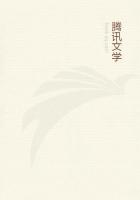Fragment #1 --
Scholiast on Apollonius Rhodius, Arg. i. 128:
Hesiod in the "Marriage of Ceyx" says that he (Heracles) landed (from the Argo) to look for water and was left behind in Magnesia near the place called Aphetae because of his desertion there.
Fragment #2 --
Zenobius (1), ii. 19:
Hesiod used the proverb in the following way: Heracles is represented as having constantly visited the house of Ceyx of Trachis and spoken thus: `Of their own selves the good make for the feasts of good.'
Fragment #3 --
Scholiast on Homer, Il. xiv. 119:
`And horse-driving Ceyx beholding...'
Fragment #4 --
Athenaeus, ii. p. 49b:
Hesiod in the "Marriage of Ceyx" -- for though grammar-school boys alienate it from the poet, yet I consider the poem ancient -- calls the tables tripods.
Fragment #5 --
Gregory of Corinth, On Forms of Speech (Rhett. Gr. vii. 776):
`But when they had done with desire for the equal-shared feast, even then they brought from the forest the mother of a mother (sc. wood), dry and parched, to be slain by her own children'
(sc. to be burnt in the flames).
ENDNOTES:
(1) A Greek sophist who taught rhetoric at Rome in the time of Hadrian. He is the author of a collection of proverbs in three books.

